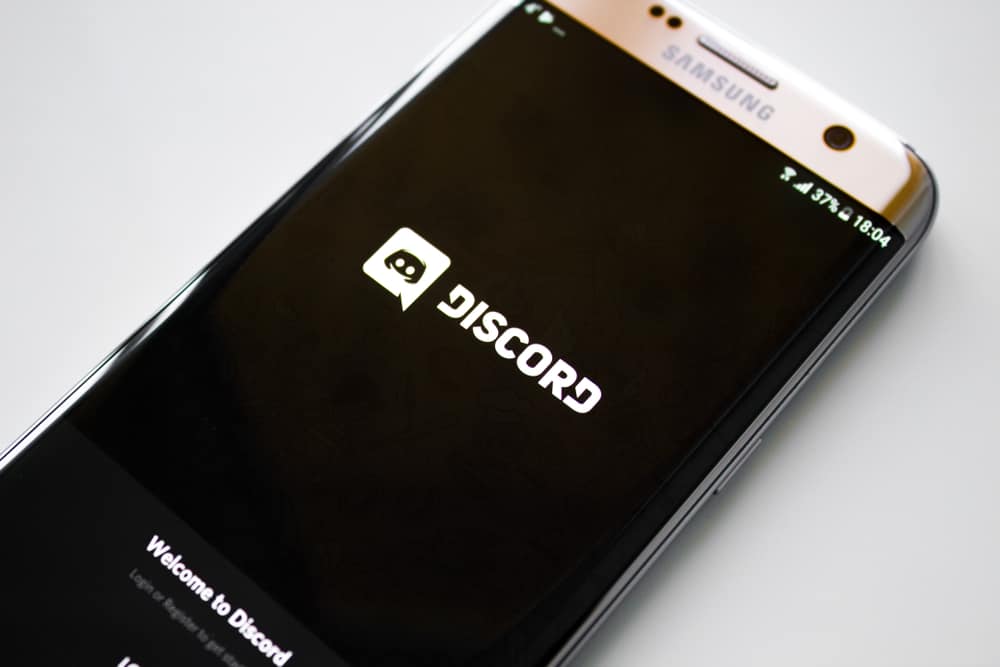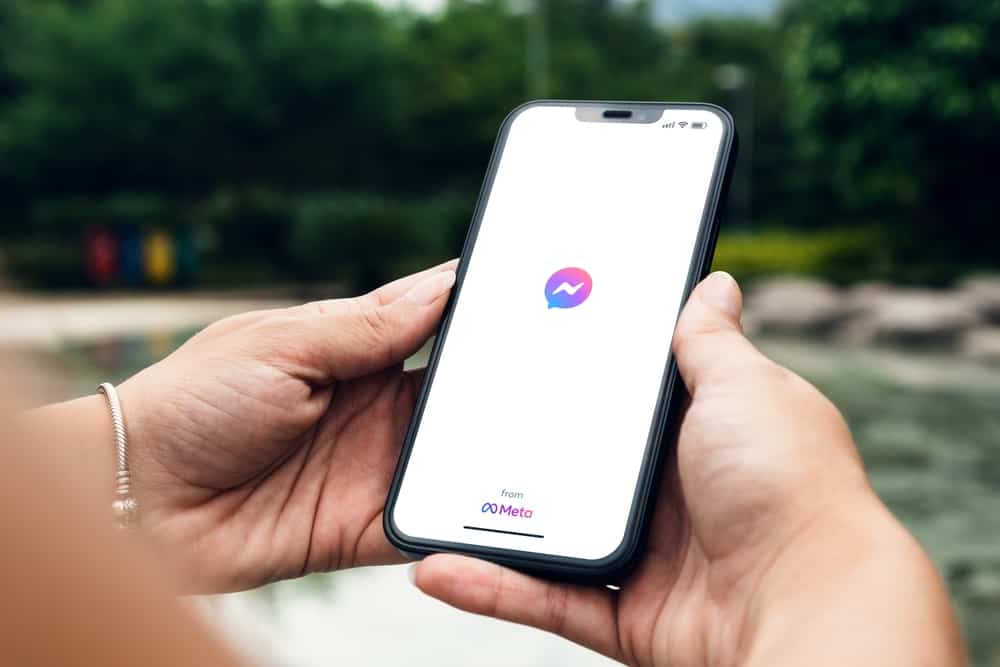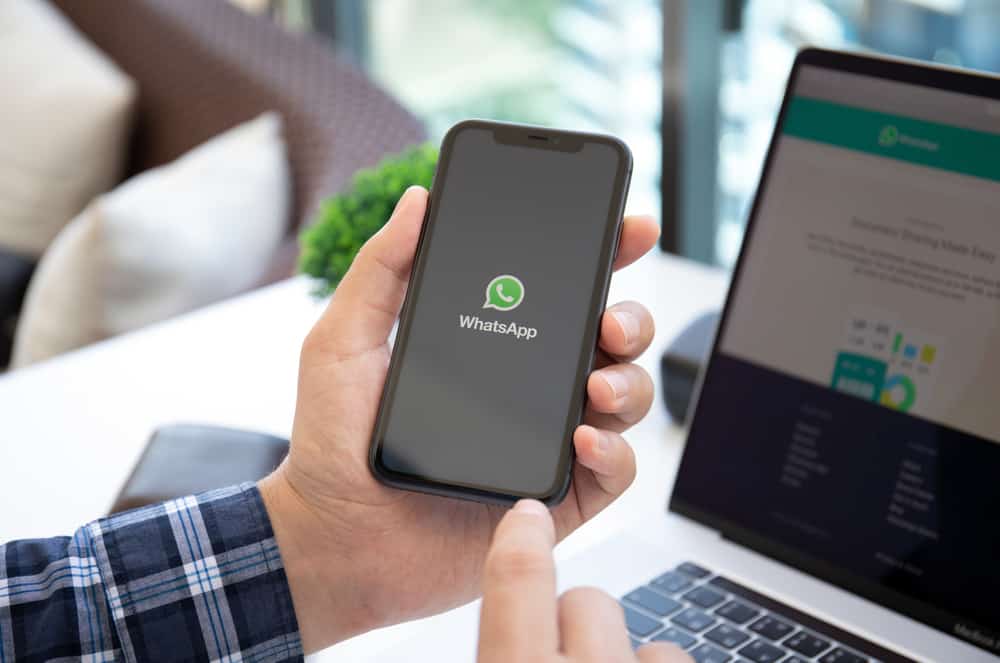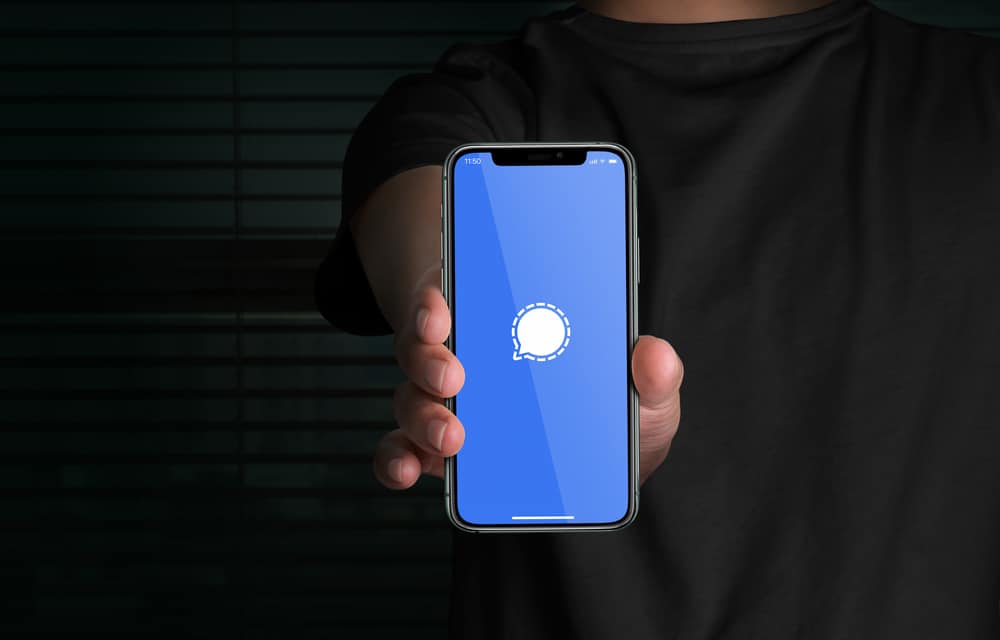
In today’s digital age, privacy and security have become increasingly important.
With the rise of online communication through messaging apps like Signal and iMessage, it’s more crucial than ever to ensure that our personal conversations and data are kept safe from prying eyes.
That’s where apps like Signal and iMessage come in.
Today we are discussing why you should prefer Signal to iMessage.
Here are some reasons you should consider using Signal over iMessage: stronger encryption, better security, cross-platform compatibility, better customization options, and better privacy features.
You’ve come to the right place if you’re weighing up the options and trying to figure out why you should use Signal over iMessage. This post explores the features and advantages of both Signal and iMessage that will help you decide which option is right for you.
Overview of Signal and iMessage
Knowing the difference between Signal and iMessage is important if you’re looking for a secure messaging app.
Signal is an open-source messaging application, while iMessage is a texting platform owned and maintained by Apple.
While both applications offer excellent encryption, there are several key differences between them that you should consider before deciding which one to use.
To begin with, iMessage offers a closed system that only works on Apple’s products and operating systems. This means messages can’t be sent or received on non-Apple devices such as Android phones and Windows PCs.
On the other hand, Signal is an open-source platform that offers cross-platform compatibility and can be used on any device or operating system.
Why Use Signal Over iMessage
Here are some of the reasons why you should use Signal over iMessage.
Reason #1: Stronger Encryption
One of the key differences between Signal and iMessage is how they handle encryption.
Signal uses 256-bit AES end-to-end encryption, meaning your messages are encrypted from the moment you hit send until they reach the recipient.
This makes it virtually impossible for anyone to intercept or read your messages, even if they manage to intercept them in transit.
On the other hand, iMessage uses 128-bit AES for encrypting messages. This means that the encryption level of Signal is much stronger than iMessage’s.
Reason #2: Better Security
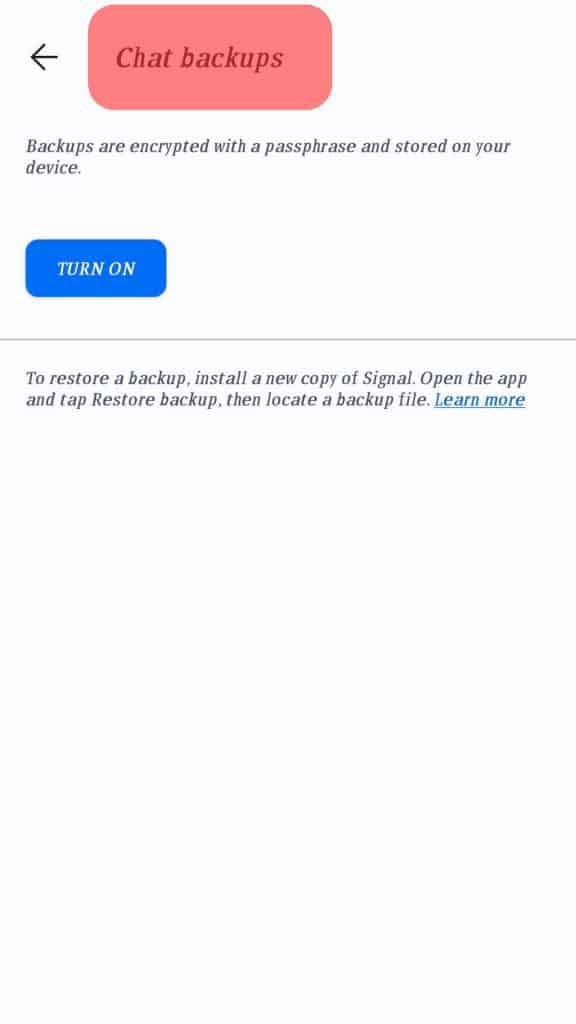
For security purposes, Signal doesn’t allow its users to save or backup data or chat history to a cloud backup.
Signal only offers encrypted backups to Android users. The encrypted backup files are locally stored and can only be accessed using a 30-digit passphrase.
On the other hand, iMessage does allow users to back up data or chat history to a cloud backup. However, iCloud backups are not end-to-end encrypted for data-at-rest.
This is because Apple stores a key to open your encrypted messages within your iCloud Backup. Apple does this to ensure you don’t lose your data forever if you forget your Apple ID password or device passcode.
Signal takes a more comprehensive approach to security, so it’s often considered the most secure messaging app available.
It’s easy to see why Signal is the go-to choice for those prioritizing security in their communication.
Reason #3: Cross-Platform Compatibility
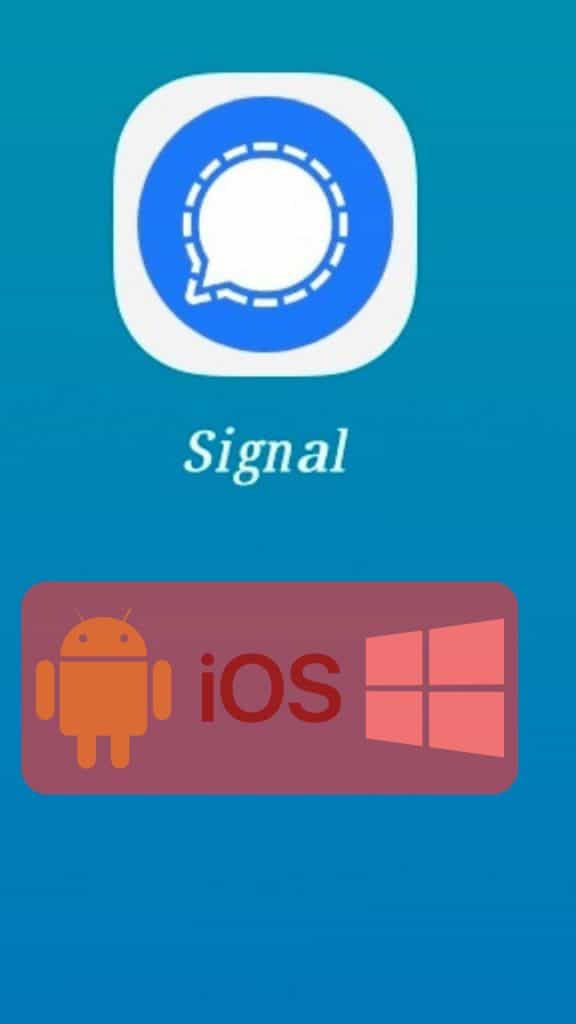
One of the benefits of Signal is its cross-platform compatibility.
While iMessage is only available on Apple devices, Signal can be used on both iOS and Android devices and on desktop and laptop computers.
This is a useful tool for businesses and other organizations. You can create groups that include users from different devices and platforms and communicate with them all in one place.
This makes it a great choice for users, allowing everyone to stay connected and communicate effectively.
Reason #4: Customization Options
One thing that sets Signal apart from iMessage is its customization options.
While iMessage offers some basic customization options, such as the ability to change the background of your conversation, Signal offers far more flexibility.
For example, you can customize the color of your chat bubbles to make them stand out or choose from a range of different themes to give your messaging experience a personalized touch.
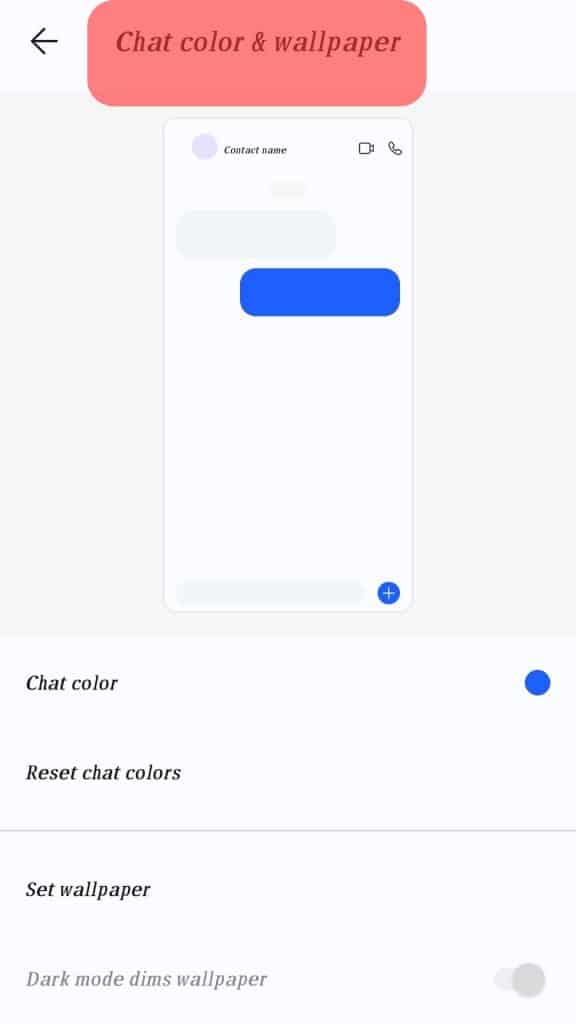
You can also set custom notification sounds for each conversation, so you’ll always know who’s messaging you without checking your phone.
Signal’s customization options are particularly useful for users using the app for personal and professional communication.
With Signal, you can create different profiles for different contexts, such as work and personal, and customize each profile to suit your needs.
For example, you might want to use a different profile picture and color scheme for your work conversations than you do for your personal conversations.
Customization options like these make Signal a more versatile messaging app than iMessage and allow you to tailor your messaging experience to your needs.
Reason #5: Privacy Features
Signal application is designed with user privacy in mind and takes several steps to ensure your data is kept safe.
Signal collects very little data about its users, and what data it does collect is encrypted and stored securely.
Signal also offers several privacy-focused features, such as setting disappearing messages, ensuring your conversations are automatically deleted after a set period.
Perhaps most importantly, Signal’s commitment to user privacy is reflected in its business model.
Unlike other messaging apps, which often rely on collecting user data and serving targeted ads, Signal is funded by donations and grants from foundations.
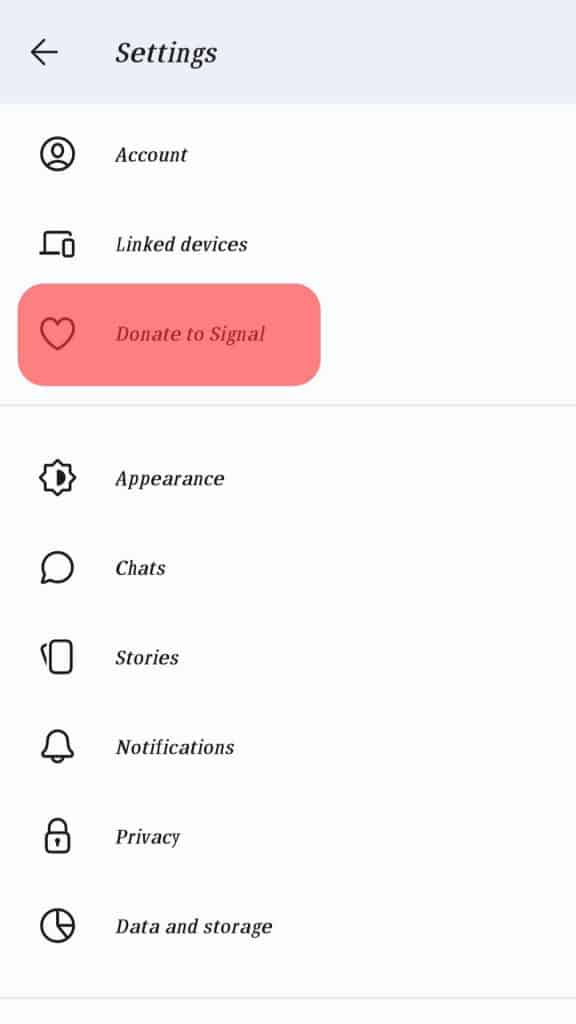
This means that Signal has no financial incentive to collect or share your data with third-party advertisers and can focus solely on providing users with a secure and private messaging experience.
Conclusion
Ultimately, choosing which messaging application to use is up to you.
Signal offers many benefits, making it a compelling alternative to iMessage.
From its robust security features to its customizable interface, Signal is a versatile messaging app well-suited to personal and professional communication.
Whether you’re looking for a secure way to hold conversations or just want a powerful messaging application with a great design, Signal has got you covered.

